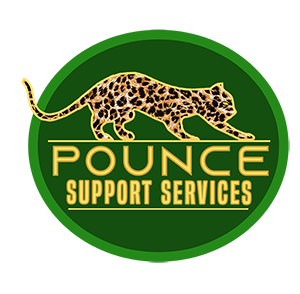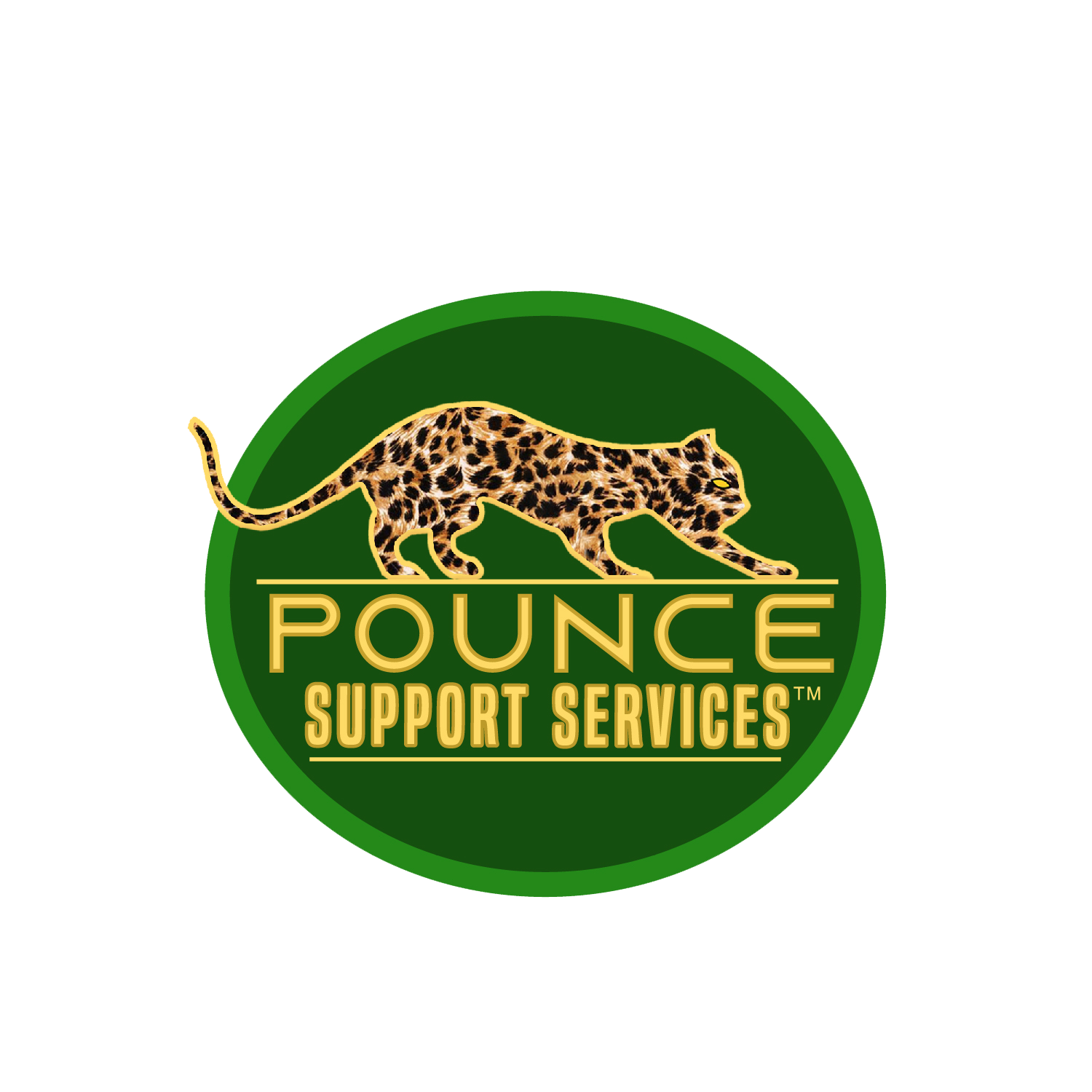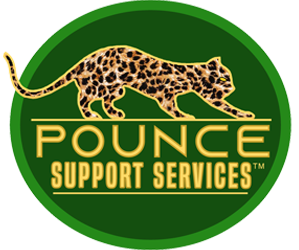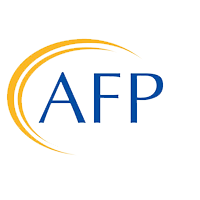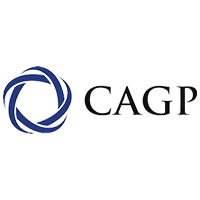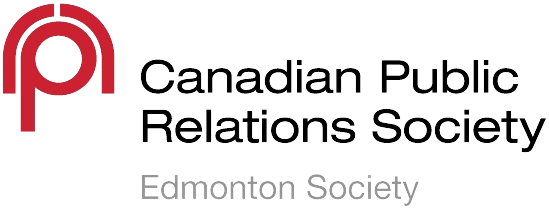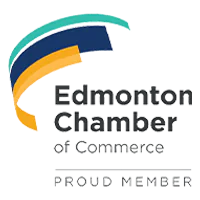Better Ask Me First
By: Brianna MacLean, Cub Brand Ambassador
As of 2022, it was estimated that over 300,000 automobile accidents occur in Canada yearly, with an average of 830 accidents happening a day. It’s a nightmare scenario for anyone, resulting in a surplus of anxiety related to trauma from the event, vehicular damages, and the chaotic rigmarole of filing the necessary insurance claims.
Then, you receive a bill in the mail that reveals you are on the hook for several unexpected charges.
Itemized in black and white, you discover that you are expected to contribute a monetary percentage out of pocket for several additional services. The complete replacement of the battery, a brand-new set of tires, and a slew of other repairs that went above and beyond the previously agreed upon work required to repair the damage directly caused in the accident are all examples of services that may fall under this upgrade umbrella. Unfortunately, this scenario is all too familiar for many car owners ambushed by an insurance company’s stealthy issue of betterment fees.
In auto insurance, betterment refers to the repair and/or replacement of damaged or obsolete parts of a vehicle following an accident, leaving the vehicle in a significantly improved condition than before the accident. Following this upgrade, it is typical for the insurance company to pin between 15-40% of the additional costs of the parts and repairs on the unsuspecting vehicle owners. These unexpected out-of-pocket expenses only serve to increase the broad spectrum of anxieties that naturally affect vehicle owners in the aftermath of automobile accidents, particularly in cases where the insured driver is unaware of the repairs and/or replacements until after they are completed.

When faced with the introduction of an unexpected betterment charge, the affected vehicle owner has two options:
- Accept the completed repairs and replacements and pay the related costs.
- Ultimately, betterment work leaves the vehicle in a significantly improved state than it was prior to the accident. Subsequently, some vehicle owners may simply accept the completed work and pay the additional betterment fees out of pocket in exchange for the vehicle upgrade.
- Directly dispute the fees incurred by the insurance agency.
- In cases where the vehicle owner chooses to reject the betterment charges outright, the next step would be to contact their adjuster as quickly as possible to begin the official process. Disputing betterment fees has proven to be a difficult undertaking over the years for affected vehicle owners, with very few cases resulting in the successful elimination of 100% of the incurred charges.
This scenario ultimately comes down to an issue of ethical consent; should automobile insurance organizations be allowed to perform additional repair services without the explicit permission of the vehicle owner, especially when those repairs will result in extra costs? Personally, I think that the answer in this case is quite clear; Going up against one’s auto insurance provider might feel like an uphill battle of Mount Everest proportions, but at the end of the day it is a battle worth fighting to make sure that the little guy (or girl!) gets their fair due.
Source: Carsurance Canada
